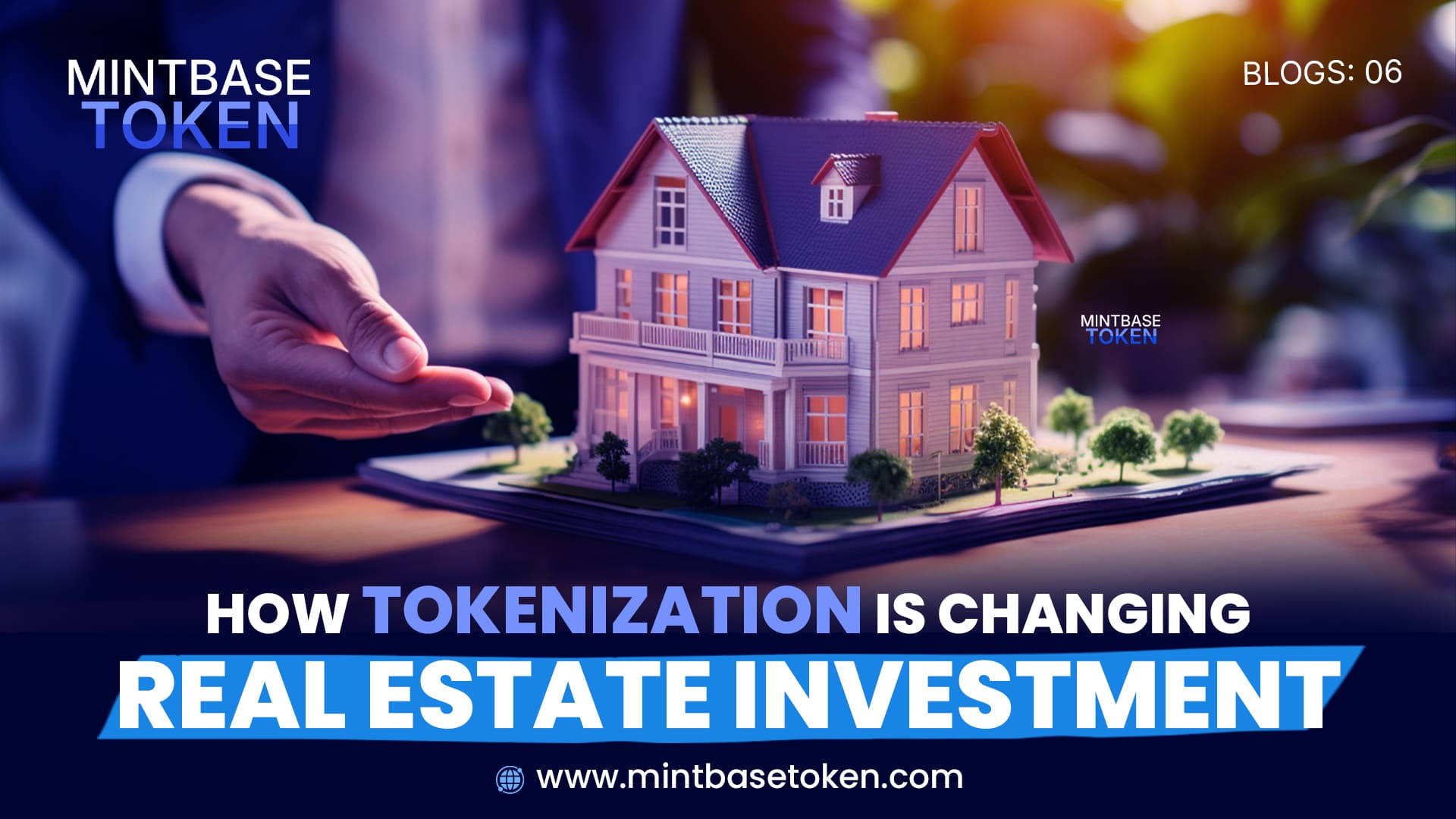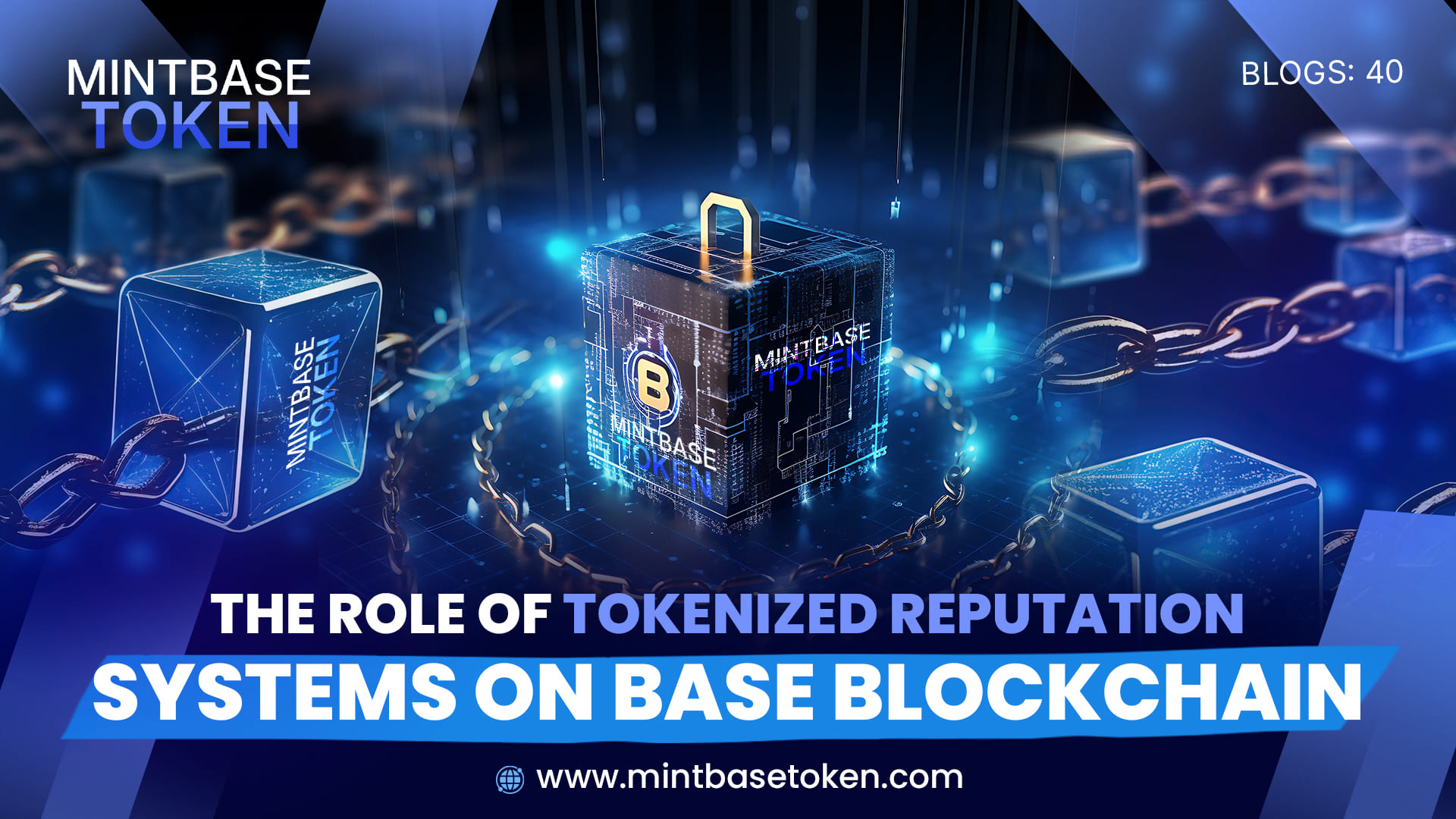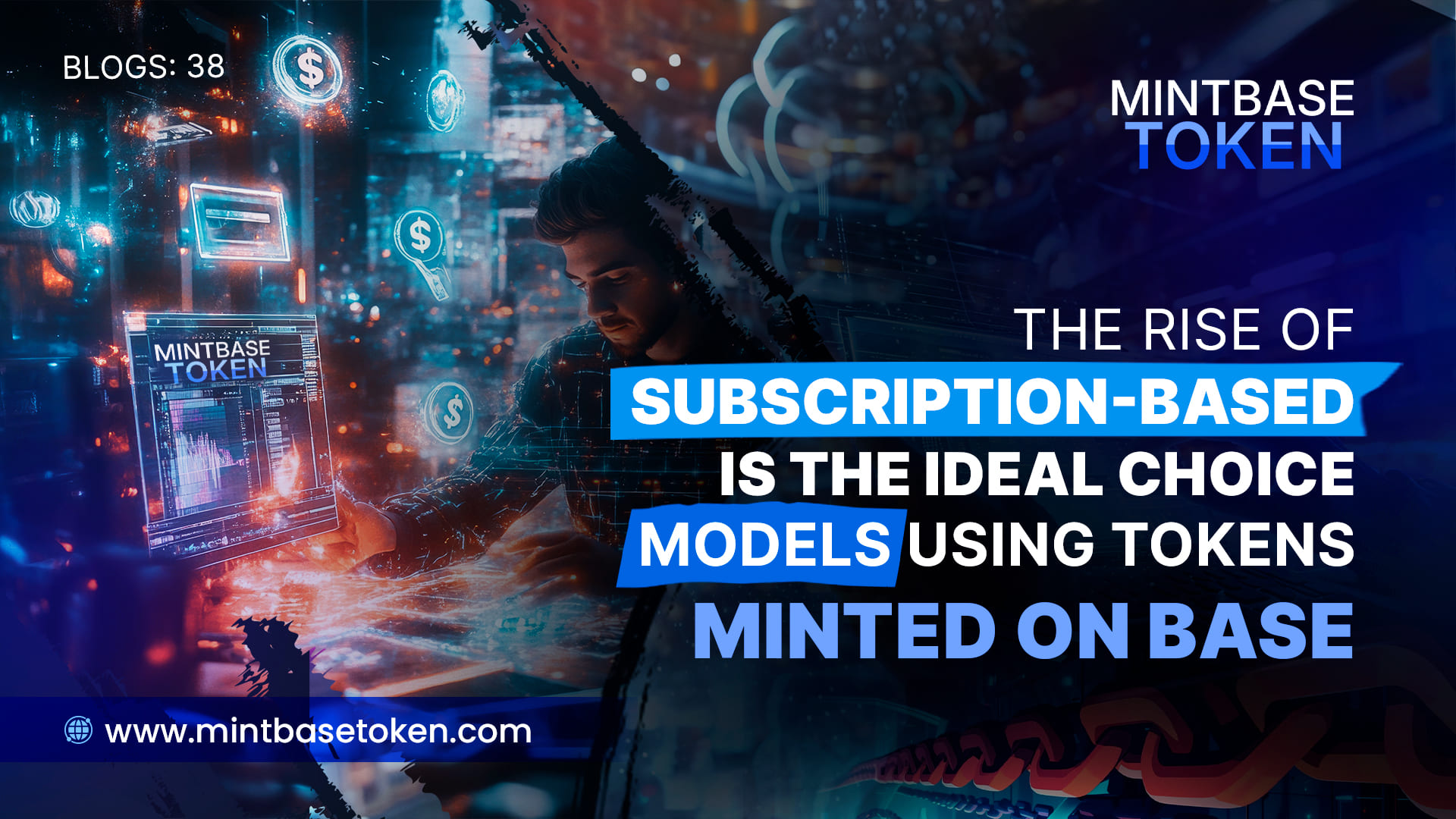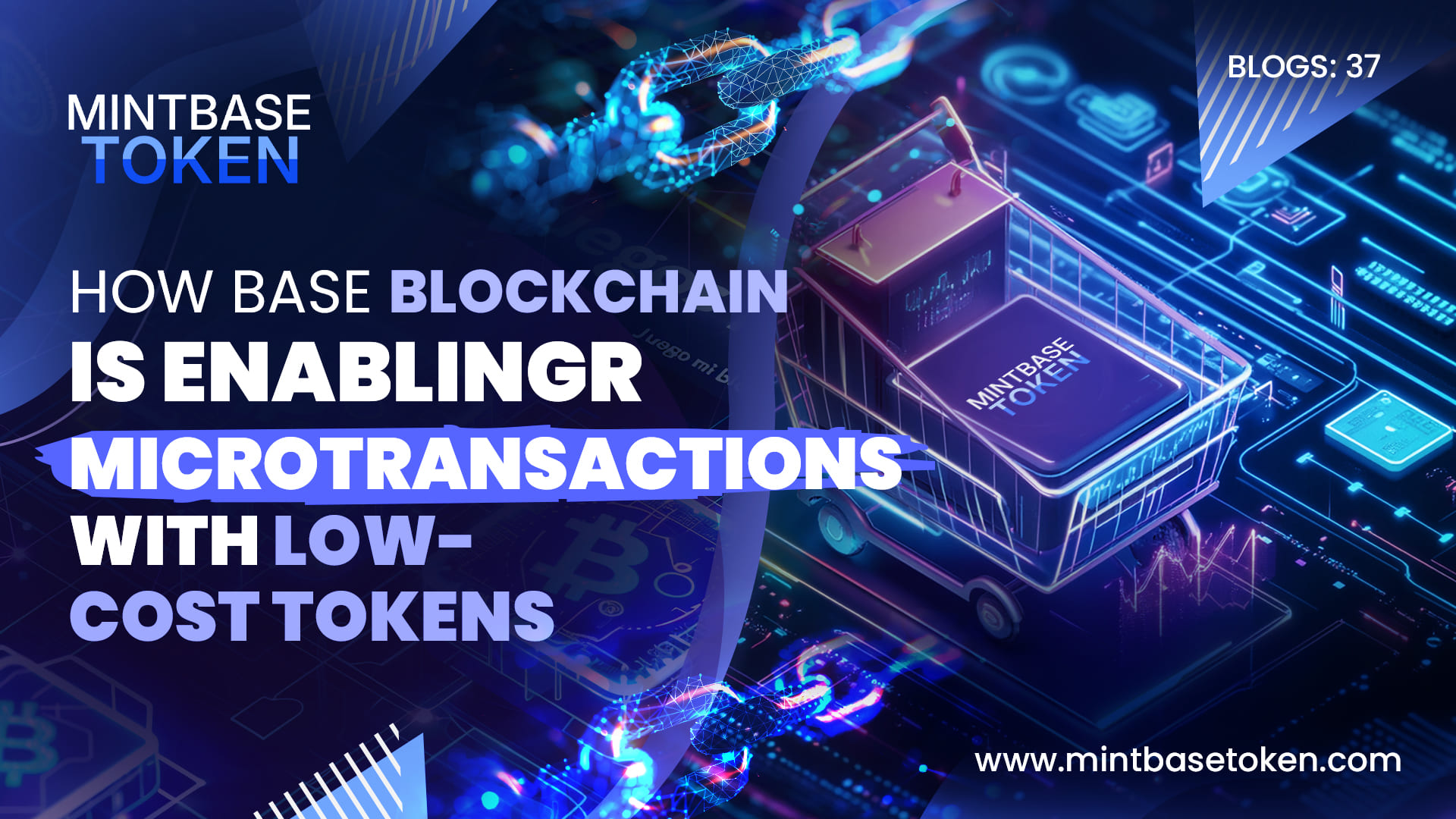September 28, 2024
How Tokenization is Changing Real Estate Investment
Tokenization has been a game-changer for the real estate industry, transforming how properties are bought, sold, and managed. By converting real estate assets into digital tokens on the blockchain, tokenization offers fractional ownership, improved liquidity, and enhanced transparency—making real estate investments accessible to a wider audience. Here’s a look at how tokenization is revolutionizing real estate and reshaping this traditional industry.
1. Enabling Fractional Ownership for Investors
Traditionally, real estate investments required significant capital and were limited to high-net-worth individuals or large institutions. Through tokenization, real estate properties can be divided into smaller shares, allowing multiple investors to own fractions of a property. This fractional ownership model lowers the financial barrier for entry, enabling individuals to invest in high-value properties with smaller amounts of capital.
2. Improving Liquidity in a Traditionally Illiquid Market
Real estate has always been known for its illiquidity, with properties typically taking months to sell. With tokenization, property shares can be traded on digital marketplaces, similar to how stocks are traded on exchanges. This liquidity offers investors greater flexibility, allowing them to buy or sell shares in a property with minimal delays, making real estate a more accessible asset class.
3. Enhancing Transparency and Reducing Fraud
Blockchain technology ensures that every transaction is recorded in an immutable ledger, providing enhanced transparency and security for real estate investments. This transparency reduces the risk of fraud by ensuring all transactions and property ownership details are publicly verifiable. Tokenization also simplifies auditing processes, as records are automatically stored on the blockchain.
4. Streamlining Property Management and Revenue Distribution
Tokenized real estate allows property managers to distribute rental income or dividends directly to token holders, streamlining revenue sharing. This setup is especially attractive for investors looking for passive income from rental properties without the complexities of direct property management. Token holders receive income based on the number of tokens they hold, making real estate investment easier to manage.
Conclusion
Tokenization is reshaping real estate investment by offering accessibility, liquidity, transparency, and streamlined management. As the adoption of blockchain technology continues to grow, tokenized real estate is set to democratize the industry and open doors for investors worldwide, making property ownership more inclusive and efficient.






